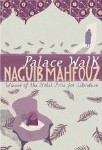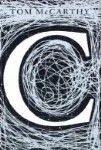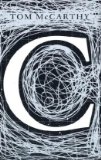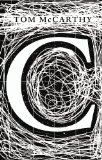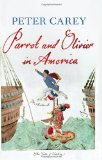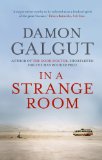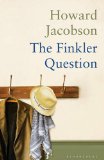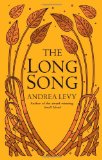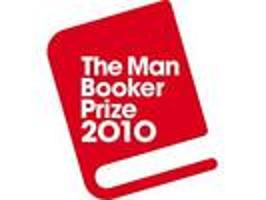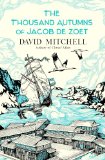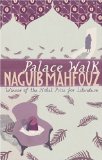
 Naguib Mahfouz won the Nobel Prize for Literature in 1988
Naguib Mahfouz won the Nobel Prize for Literature in 1988
Translated from the Arabic by William Maynard Hutchins and Olive E.Kenny
Palace Walk is the first book in the Cairo trilogy, which is normally considered to be Naguib Mahfouz’s greatest achievement. It became a best seller in the Arab world on its release in 1956, but also enjoyed worldwide success, selling 250,000 copies in America.
The book is set in Egypt and describes the life of the Al Jawad family. Every aspect of their day is described in minute detail and so we learn exactly what life was like for the middle-class shopkeeper and his family. The book begins in 1917 and focuses on the complex task of finding someone suitable to marry each of the children.
Men play the dominant role in the household, using the words of the Qur’an to decide the most appropriate course of action. The women in the book were oppressed and spent most of their time shut inside, but at no point did this feel wrong to me. The book made me understand why this society worked in the way it did and at some points I was envious of their tight-knit community and the way the women were so close to each other.
No woman was anything more than a body to him. All the same, he would not bow his head before that body unless he found it truly worthy of being seen, touched, smelled, tasted and heard. It was lust, yes, but not bestial or blind. It had been refined by a craft that was at least partially an art, setting his lust in a framework of delight, humor and good cheer. Nothing was so like his his lust as his body, since both were huge and powerful, qualities that bring to mind roughness and savagery. Yet both concealed within them grace, delicacy, and affection, even though he might intentionally cloak these characteristics at times with sternness and severity.
I loved reading about the complex marriage negotiations and the way the household was run, but the text was so rich with detail that I found I could rarely read more than about twenty pages a day. This meant that it took me about six weeks to read the first 300 pages.
At about this point the style of the book changed, the pace picked up and I flew through the remaining 200 pages in just two nights. WWI brought British occupation to Egypt, changing the lives of the household completely. Seeing fear and tragedy brought to a family I knew so well made the impact much greater.
Palace Walk gives an impressive insight into Egyptian life. I loved the characters and the way I came to understand their very different way of living. I finished this book knowing a lot more about Egyptian history, but also feeling a little bit wiser and more tolerant. I’m looking forward to reading the rest of the trilogy.
Highly recommended.

Have you read The Cairo Trilogy? Are the other books in the trilogy similar in style/pace?
Do you recommend any of Naguib Mahfouz’s other books?
